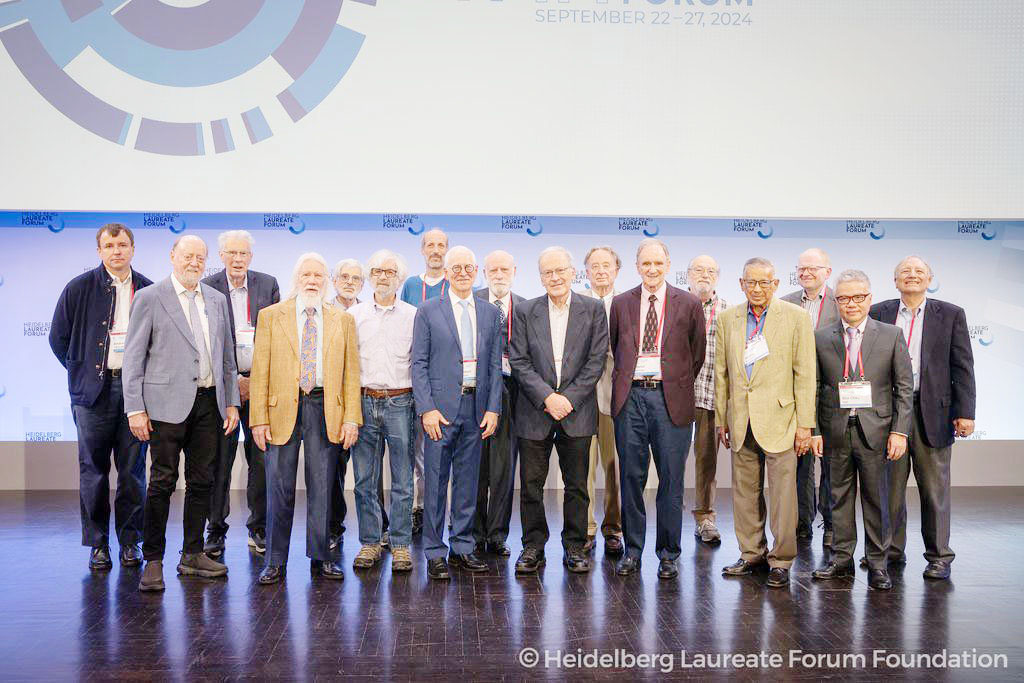By Hussaini Garba Mohammed, who was in Heidelberg – Germany
Dr Ndeye Coumba Sarr, was among the panelist at the 11th Heidelberg Laureate Forum (HLF 11), who joined Anna Maria Hartkopf, Erika Roldan, Moira Chas, and Yudhi Bunjamin for an insightful discussion on science communication. The event brought together more than 50 nationalities, including laureates and young researchers, creating a unique and diverse environment for dialogue and learning. In an inclusive interview with Dr Ndeye Coumba Sarr she narrated as follows.
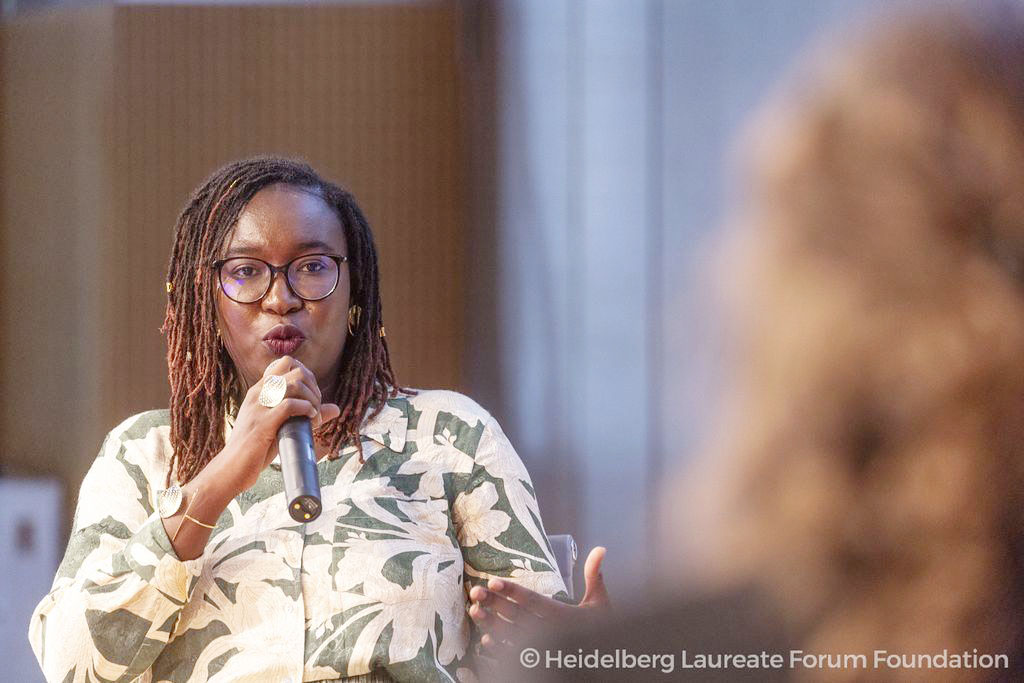
Q: There is an extensive list of over 100 Guest and Speakers during the 11th Heidelberg Laureate Forum, listed on the Participant Directory booklet but this reporter finds you as one among the panelists at the HLF event, which I encourage everyone to know about you. What do you think is the most important piece of advice on your achievement for young scientists across the globe, especially Senegalese Women in Mathematics, African women in Mathematics and women in mathematics globally in general?
A: While I’m not featured in the booklet for young researchers, I had the great privilege of being invited as a panelist at HLF, and the experience was truly inspiring. My advice to young scientists is to remain curious and persistent, regardless of the challenges they face. In my country, building strong networks with mentors and peers is also key—it helps to have a support system when navigating the highs and lows of a research career.
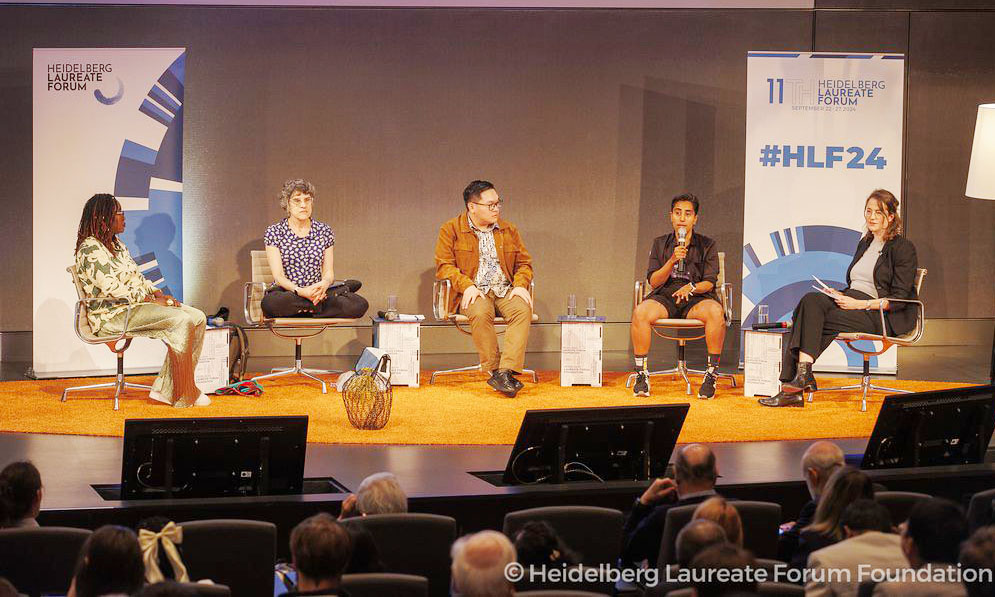
Q: As a panelist at the 11th Heidelberg shortlisted to be at Heidelberg – Germany, it’s hard not to notice how talented you are. You seem to get an amazing amount of work done. How many hours a day do you spend thinking and adding more value to your research as opposed to other things?
A: Thank you for your kind words. Although I’m no longer a full-time researcher, I dedicate around 6 to 7 hours a week to research projects. I balance this with other professional commitments, so I focus on quality rather than quantity. During these hours, I aim to engage deeply and stay productive, whether it’s reading, writing, or discussing ideas with colleagues.
Q: Do you think new research work is a helpful skill for scientists? If so, why do you think they are the most helpful for young researchers?
A: Definitely. New research not only keeps scientists engaged but also helps them grow intellectually by challenging them to solve problems and think critically. For young researchers, working on innovative projects is crucial for developing confidence and contributing meaningfully to their field. It’s a great way to explore new ideas and refine one’s skills.
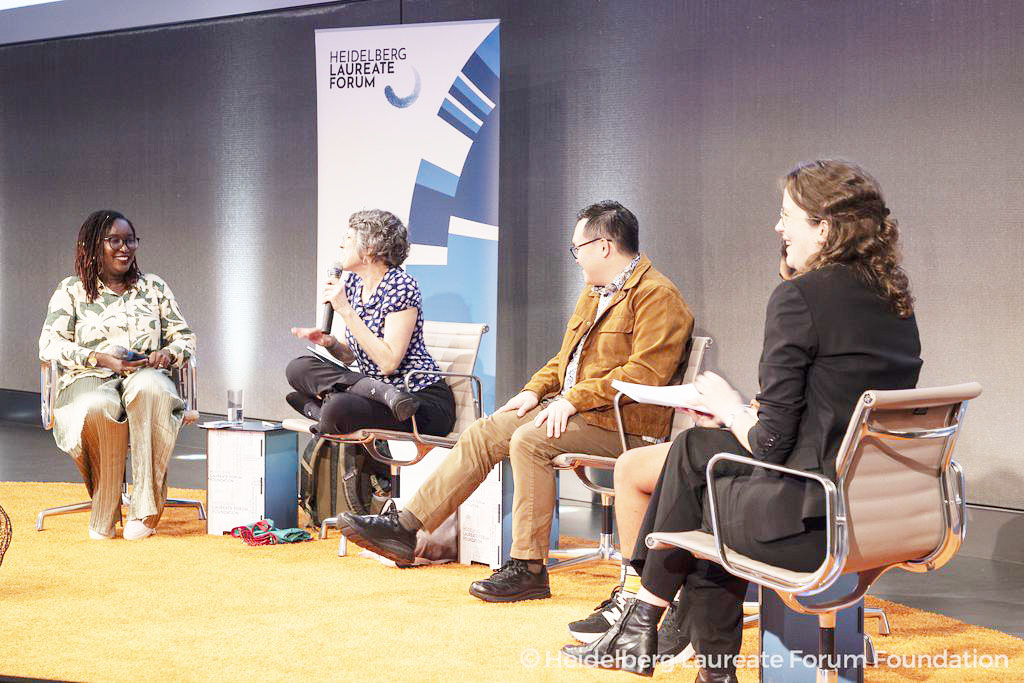
Q: You have collaborators in several fields. What is the most important element to having a successful young science collaborator, especially between different fields, different countries, and from different universities?
A: The key is effective communication. Collaborating across fields, countries, or universities requires clear, open dialogue and a shared sense of purpose. Trust and respect are essential, and each collaborator should feel empowered to bring their expertise to the project. Flexibility is also important, especially when working with people from different cultural or academic backgrounds.
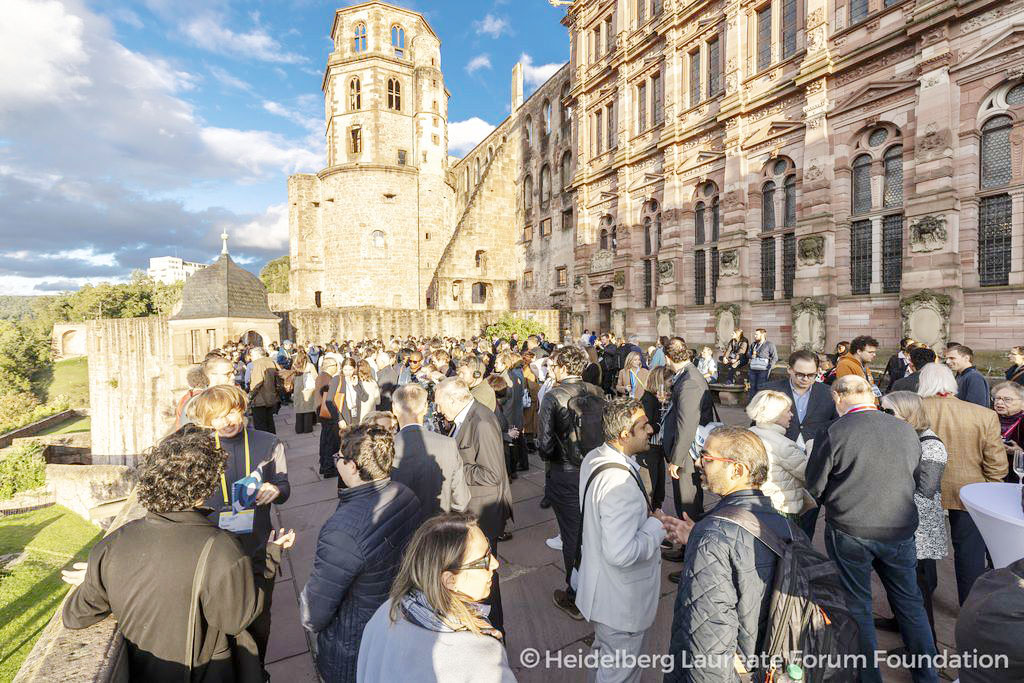
Q: During my research work as a science journalist, I once came across one quote from a professor, who said that a big part of all science thinkers is frustration management. How do you manage your frustration?
A: Frustration is an inevitable part of any research journey. I manage it by taking breaks when necessary and maintaining perspective—setbacks are part of the process, not the end. Discussing challenges with others and keeping a long-term view on the project also helps me stay grounded. In the end, persistence and the small successes along the way keep me motivated.
